Vegan Vitamin B12: What Vegans & Vegetarian Eaters Need to Know
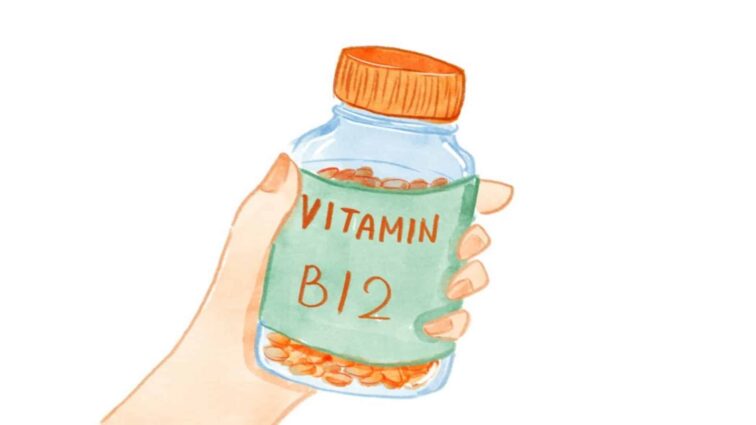
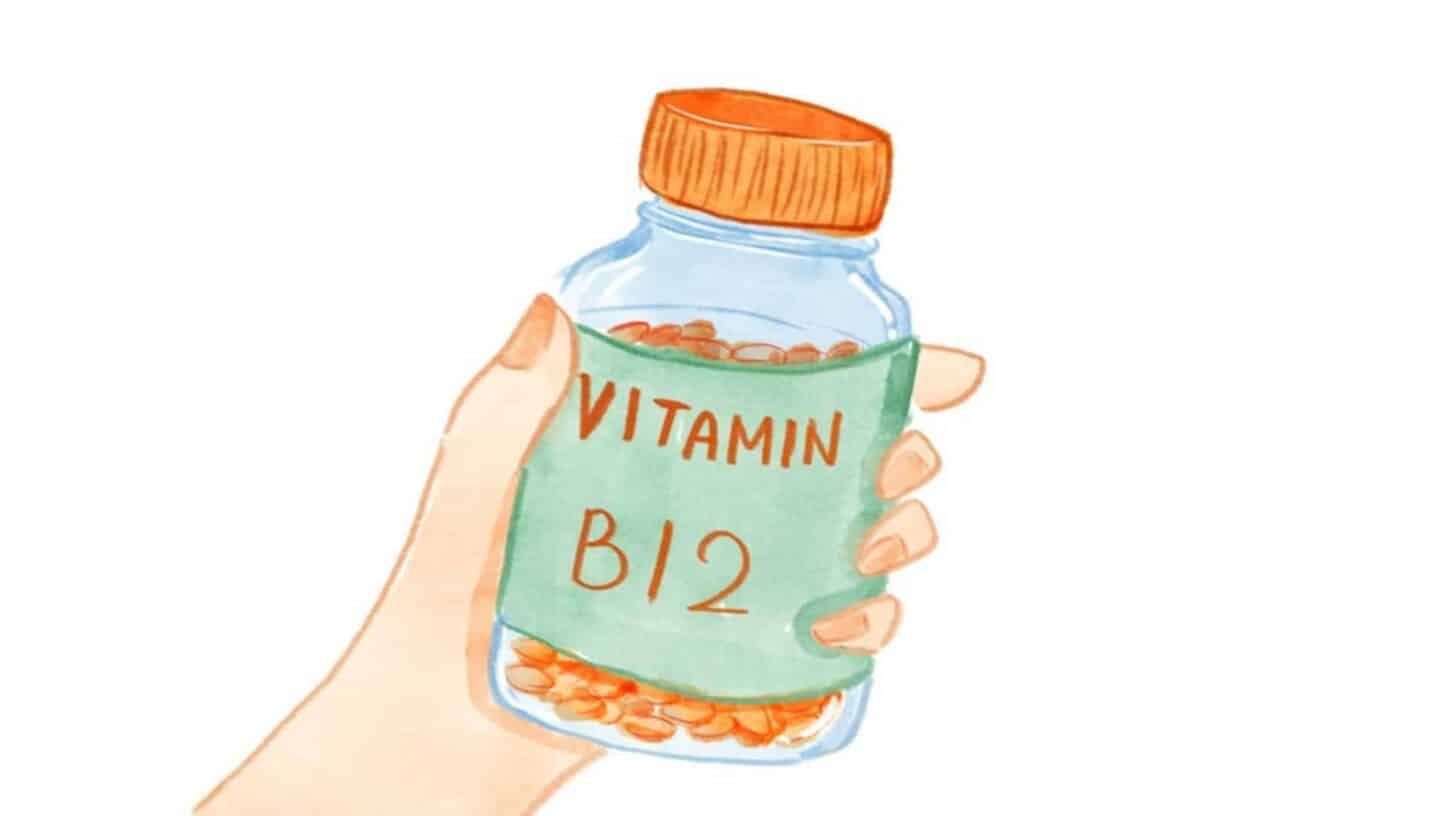
There is one nutrient that is absolutely critical to be getting and takes some extra care from vegetarian and vegan eaters: vitamin B12. In this article we discuss what Vitamin B12 is and why it’s important. How much B12 do you need? What are the best sources of vegan B12? Can you get B12 from food, or do you need to take a supplement? Registered dietitian Taylor Wolfram, MS, RDN, LDN, answers all these questions and more.
While going vegan and eating a plant-based diet is a smart move when it comes to helping animals, the planet and our bodies, we need to make sure we cover all of our nutritional bases. If you’re eating a well-balanced diet of colorful plant foods including whole grains, legumes (such as beans), lentils and peas, nuts and seeds, vegetables (including dark leafy greens), and fruits, you’re likely getting most of the nutrients you need. Except one: Vitamin B12.
Table of Contents
What Is Vitamin B12?
There is just one nutrient that isn’t available naturally in plant foods and that is vitamin B12. This particular vitamin is produced in the digestive tracts of mammals, which is why it is found in animal foods such as meat, eggs and milk.
We need vitamin B12 for proper neurological functioning and red blood cell production. It’s also required for the synthesis of DNA and RNA.
Consuming, Digesting and Absorbing Vitamin B12
We require adequate stomach acid as well as something called intrinsic factor in order to digest and absorb vitamin B12. Some people don’t have strong stomach acid or enough intrinsic factor, which is why more than just vegans may need to take a B12 supplement.
You may have heard some myths about vitamin B12, such as being able to obtain it from unwashed produce, fermented foods, or sea vegetables, and that simply isn’t true. Sea vegetables contain inactive analogs of vitamin B12 that can actually interfere with the absorption of active forms of the nutrient.
Others proclaim that we make our own vitamin B12 just like other animals do, but the issue is that vitamin B12 is absorbed higher up in the digestive tract than where it is made. In other words, any vitamin B12 we make, we poop out.
The only reliable sources of vitamin B12 in a vegan diet are fortified foods and supplements.
Because the body has the ability to store vitamin B12 for a few years, a vegan may consume inadequate amounts of the nutrient without realizing the effects for some time. By the time you notice the signs of a B12 deficiency, some irreversible neurological damage may have been done. Symptoms of B12 deficiency include anemia, weakness and weight loss as well as memory loss and numbness or tingling in the extremities.
Research shows that vegans and raw foodists commonly suffer from vitamin B12 deficiency, with estimates up to 70% in some populations. It’s not worth it to wait around and see if you get a nutritional deficiency—when it comes to vitamin B12, it’s best for vegans to supplement or eat fortified foods as soon as they go vegan.
Vitamin B12 Recommendations & Sources for Vegetarian & Vegans
Luckily, consuming adequate vitamin B12 is very easy to do. The recommended dietary allowance is 2.4 micrograms per day for adults. Fortified foods are easily accessible and supplements are very affordable. Absorption of this nutrient decreases as the dose increases, so registered dietitian nutritionist and vegan nutrition expert Ginny Messina recommends one of the following:
- Fortified foods with 2 – 3.5 micrograms twice per day
- Supplement with 25 – 100 micrograms daily
- Supplement with 1000 micrograms twice per week
Can You Find Vitamin B12 in Vegan Food?
While taking a supplement is usually the most reliable option, you can find B12 in some vegan and vegetarian food. How? Look for foods that are fortified with it! For instance, nutritional yeast, a common vegan ingredient, is often fortified with B12. But if relying on fortified foods, be sure to read the nutrition facts label to determine the amount.
Not all vegan products nor nutritional yeast are fortified with vitamin B12.
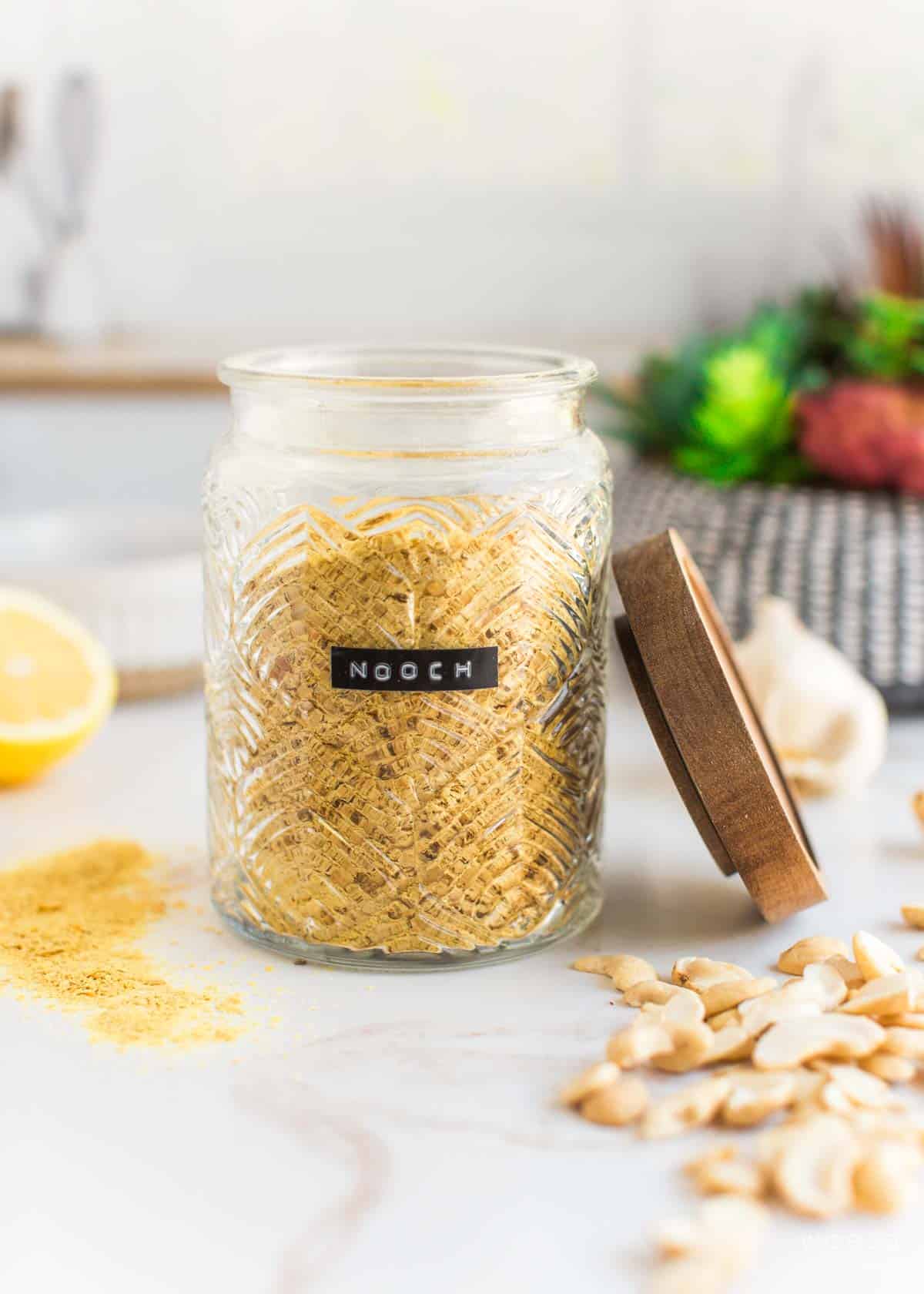
If you have concerns about your vitamin levels, ask your doctor for a blood test and work with a registered dietitian nutritionist to develop an individualized nutrition plan. There are many registered dietitians with vegetarian nutrition expertise you can turn to.
Vegan Vitamin B12 Supplements Brands
There are hundreds of brands of Vitamin B12 supplements to choose from. A quick visit to your local health food store should have you covered, as they typically stock high-quality B12 and other vegan vitamins and supplements. Here are a few of the most popular brands:
- Deva Vegan B12 (sublingual vitamin with Folic Acid and B6)
- Hippo7 Vegan Multivitamin (contains iron, zinc, omega-3s, vitamin d, iodine, calcium, and B12)
- MegaFood B12 Multivitamin (easy to swallow tablet with B6 and folic acid)
- MyKind Organics Garden of Life B12 Spray (organic methycobalamin)
- Naturelo B12 (gelatin-free vegetarian capsules with spirulina)
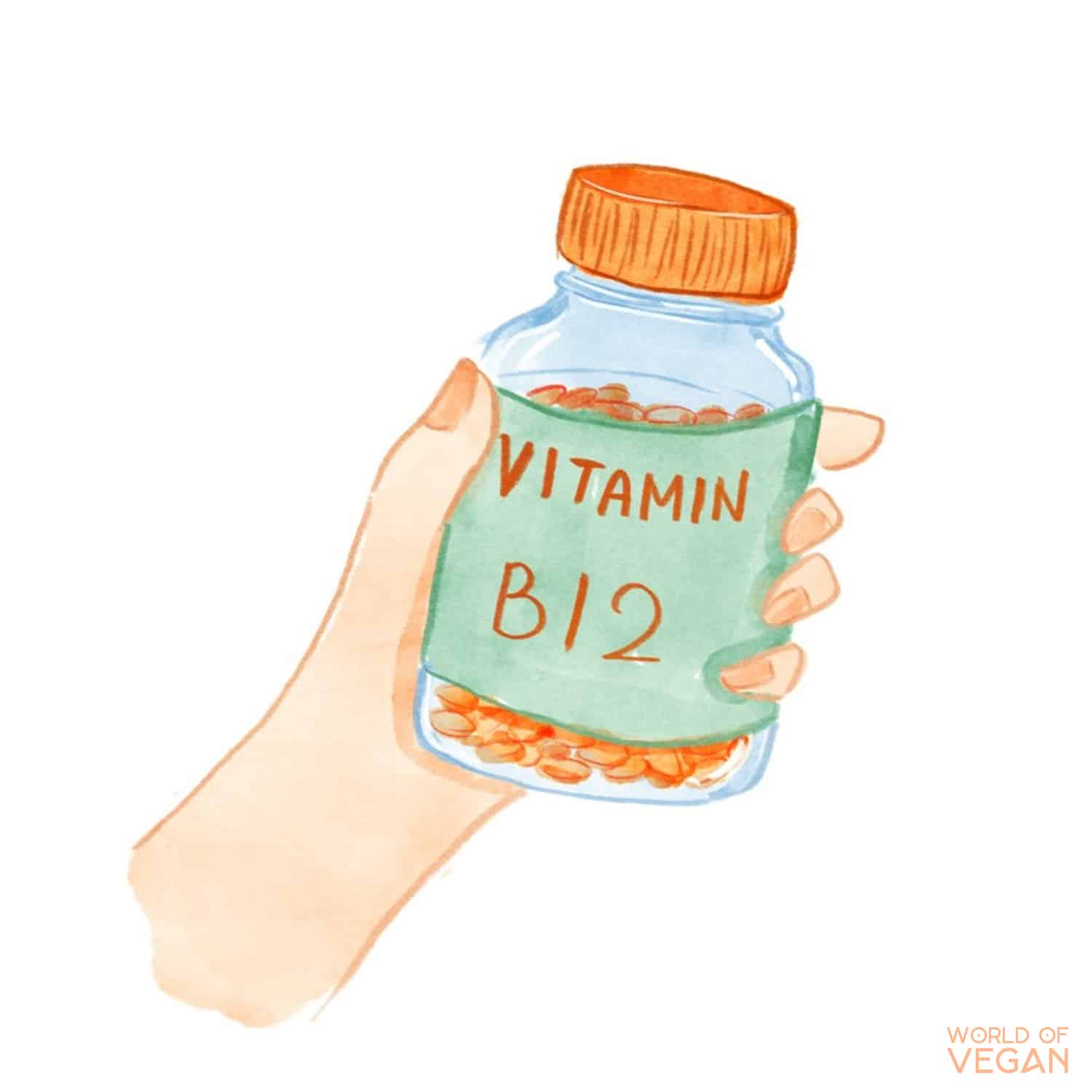
Enjoy The Many Benefits Of A Vegan Diet
This article is certainly not intended to scare you aware from going vegan. Quite the opposite, in fact! Choosing a plant-based diet can be one of the healthiest ways to eat and will likely help you live a longer life and a healthier life.
Removing meat, dairy, and eggs from your diet can help dramatically lower your cholesterol levels, prevent and reverse Type 2 diabetes, prevent and reverse heart disease, and so much more. The health benefits of a plant-based diet are widely recognized by doctors, dietitians, and athletes alike. Just go vegan responsibly and take your vitamins!
Additional Vegan Vitamin B12 Resources and Information
- Guide to Vegan Registered Dietitians
- Vegan Nutrition Guide
- Do Vegans Need to Take Vitamins?
- Vegan Vitamin D Guide
- Fish-Free Omega 3 Sources and Vegan DHA
- How to Find Credible Nutrition Information
- Let’s Talk About Soy (Is soy bay for you? No way!)
The Vegan RD, by Ginny Messina, MPH, RD
- Vitamin B12: A Vegan Nutrition Primer
- Finding the Best Vegan Vitamin B12 Supplement
- Vitamin B12 Supplements: How Much is Enough?
- Vitamin B12 and D: Monitoring versus Supplementing
VeganHealth.org by Jack Norris, RD
Vegetarian Nutrition Dietetic Practice Group
B12 Research Studies
- Health effects of vegan diets
- Hygienic Assessment of Nutrition in Vegetarians and People with Mixed Feeding
- The impact of vegan diet on B12 status in healthy omnivores: five-year prospective study
- Vegan Diet, Subnormal Vitamin B12 Status and Cardiovascular Health
Illustrated Vitamin B12 graphic copyright of World of Vegan. Disclaimer: The information presented here is not to be construed as medical advice or used to diagnose, treat, cure or prevent any condition or disease. This article contains affiliate links, and shopping through these links supports World of Vegan.






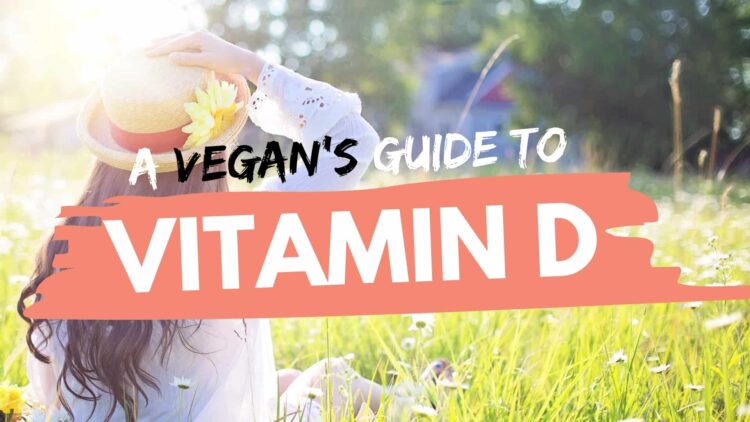
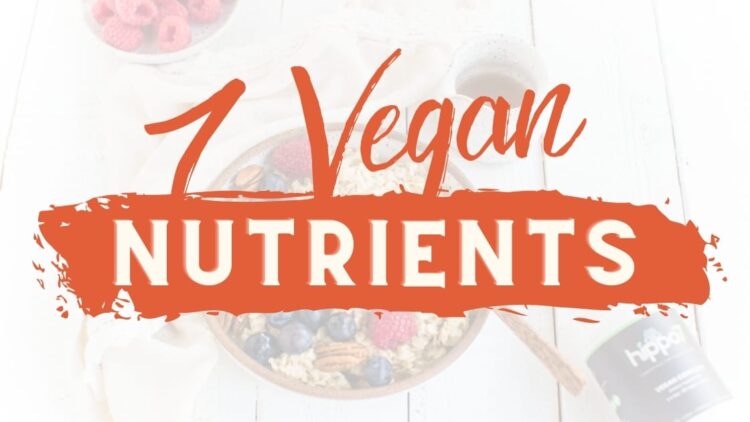
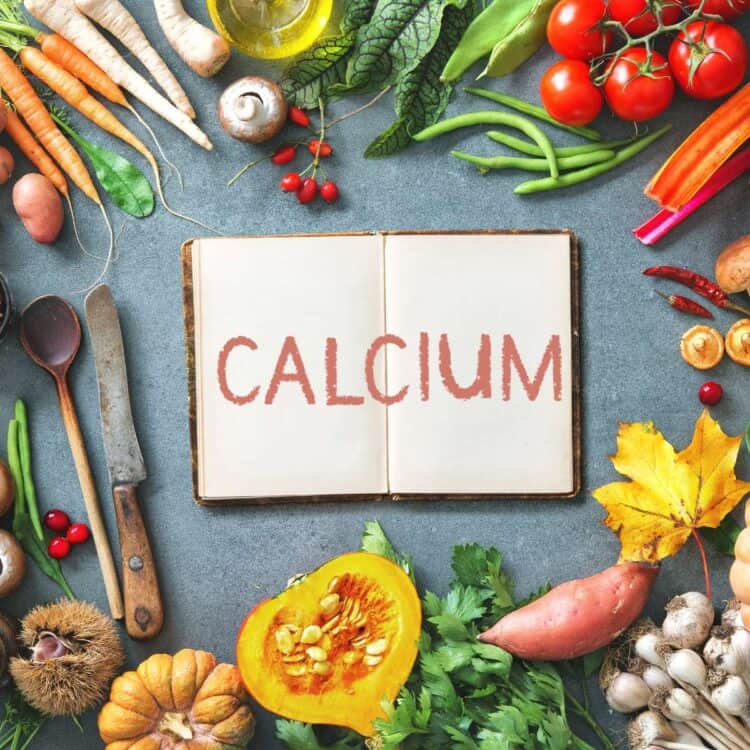
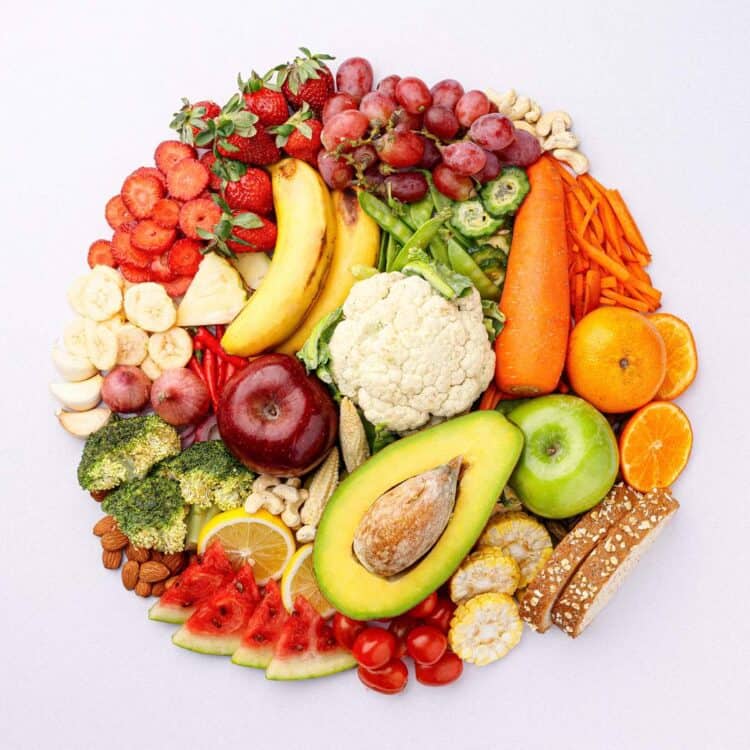
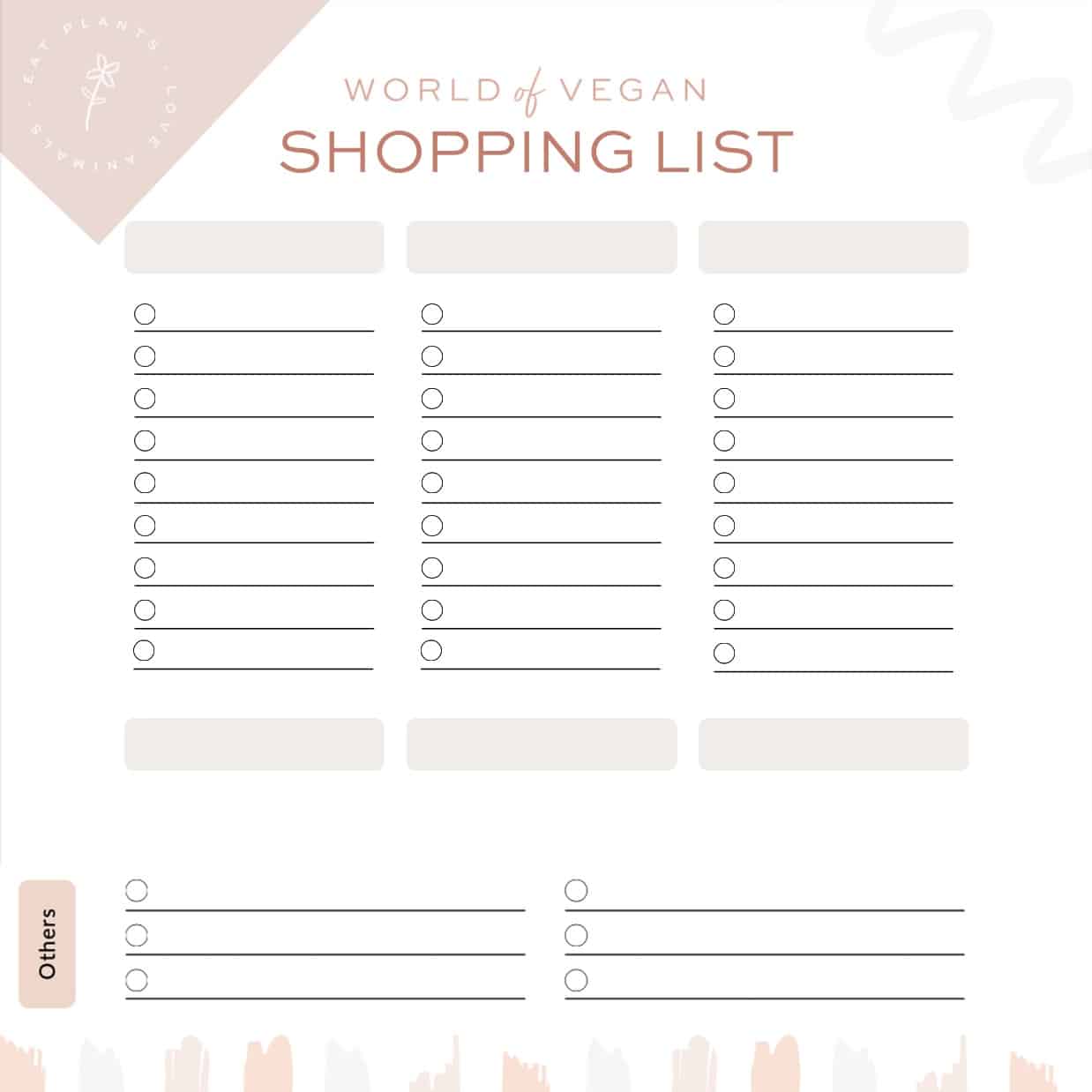
Leave a Comment
I don’t think its accurate to say seaweeds dont contain B12 – there are thousands of species of seaweeds – each is unique. Perhaps not much research has been done on this topic – Nori is definitely a species I find that has it. I eat a lot of nori and dont have a B12 issue and I have read similar studies….is there any recent research on this?
This is really interesting and the first I’m hearing of it so I went to the National Institute of Health to see if there were any recent studies. Looks like this study does confirm dried purple laver nori as a suitable source of Vitamin B12! About 4g was enough to reach the RDA. Thanks for sharing!